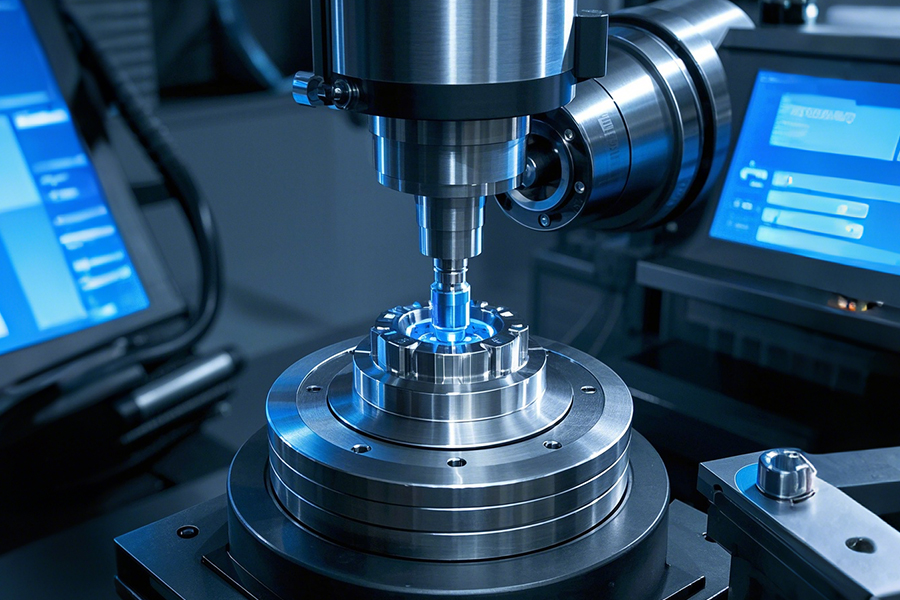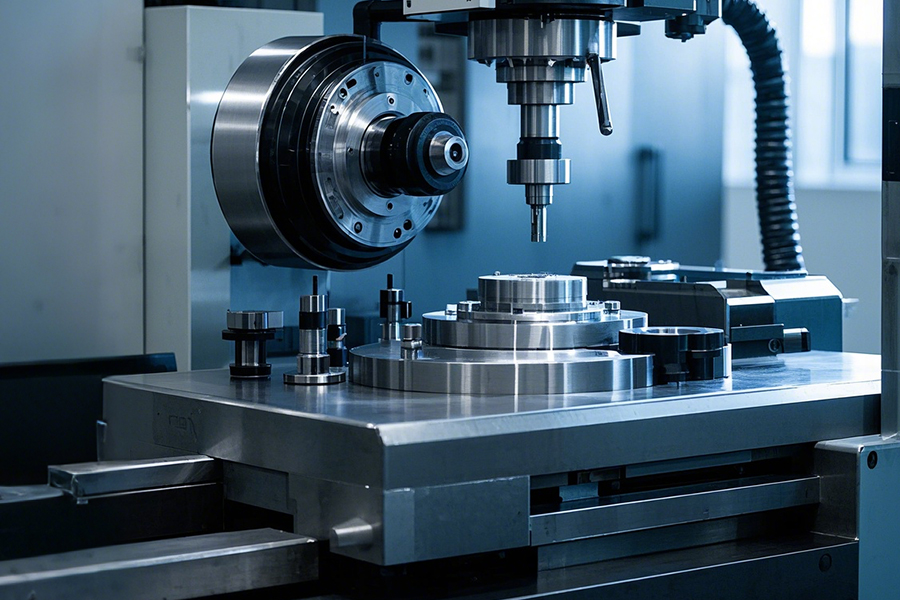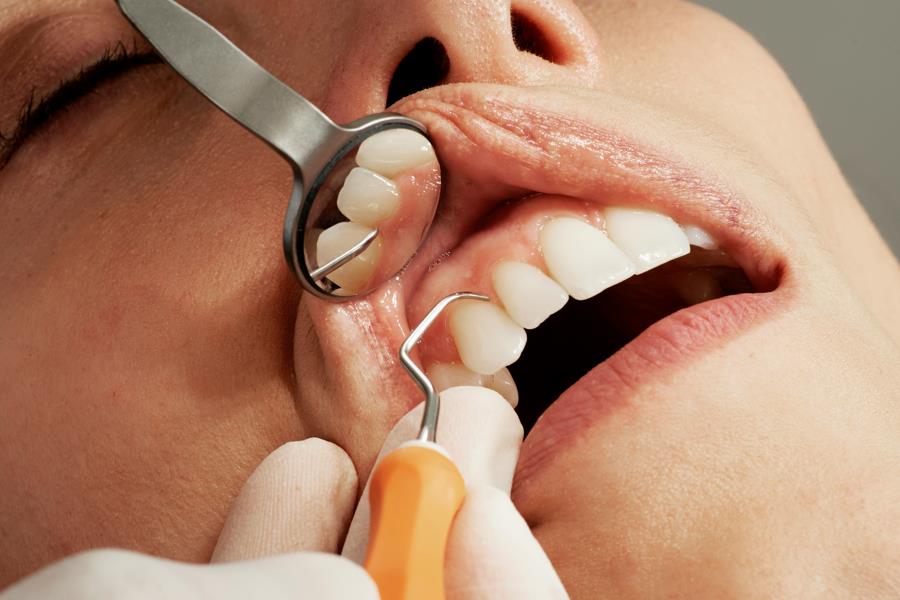In the field of precision machining, tolerance is an extremely critical concept, which directly defines the precision range of part machining. So, what is the tolerance of precision machining?
Tolerance refers to the amount of change in the allowable size. In ordinary mechanical machining, the tolerance range may be relatively large, measured in millimeters. However, precision machining pursues an extremely small tolerance range. For some general precision mechanical parts, the dimensional tolerance may be between ±0.01 mm and ±0.05 mm. For example, in precision mold manufacturing, the core and cavity dimensional tolerances of the mold need to be strictly controlled within this range to ensure that the dimensional accuracy of the molded product meets the requirements and ensure the assembly and functionality of the product.

In higher-level precision machining, such as aerospace parts manufacturing, tolerance requirements will be more stringent. For example, the tolerance of some key dimensions of aircraft engine blades may be ±0.005 mm or even smaller. This is because the engine blades work under extreme conditions of high temperature, high pressure, and high-speed rotation. Even a small dimensional deviation may lead to a decrease in the aerodynamic performance of the blades and uneven stress distribution, which in turn affects the overall performance, reliability and service life of the engine. When processing such aerospace parts, Airy Precision Machinery uses ultra-precision processing equipment and advanced testing methods to strictly monitor and control the tolerance of each process. From the initial processing of raw materials to the final finishing, each link ensures that the size gradually approaches the design requirements within a very small tolerance band.
In the fields of electronics and optics, the tolerance of precision machining has reached the micron or even nanometer level. In chip manufacturing, the tolerance of circuit line width may be only tens of nanometers. This tiny tolerance requirement is to achieve higher chip integration, faster computing speed and lower power consumption. The same is true for the processing of optical lenses. The tolerance of its surface shape accuracy is usually in the micron level to ensure the optical imaging quality of the lens and reduce aberrations, chromatic aberrations and other problems. Airy Precision Machinery, with its professional technical team and high-precision processing technology, continues to challenge the limits of tolerance in these fields. For example, in the process of grinding optical lenses, by precisely controlling the grinding pressure, speed and time, and using ultra-precision polishing technology, the surface roughness and shape tolerance of the lens can meet the needs of high-end optical instruments.

The realization of precision machining tolerances depends on many factors. First of all, high-precision machine tools. Airy Precision Machinery has introduced and independently developed a series of machine tools with ultra-high positioning accuracy and repeat positioning accuracy. The rotation accuracy of the spindle and the linear motion accuracy of the coordinate axis can reach the micron or even nanometer level, providing a hardware foundation for the realization of extremely small tolerance processing. Secondly, the selection and use of cutting tools and grinding tools are crucial. Superhard material cutting tools, high-precision grinding tools and special coating technologies can improve the accuracy of cutting and grinding and reduce dimensional deviations during processing. Furthermore, the optimization of processing technology and the improvement of quality control systems are also key. Airy Precision Machinery continuously optimizes processing parameters such as cutting speed, feed rate, cutting depth, etc., and establishes strict online detection and finished product detection systems to timely discover and correct tolerance deviations during processing, ensuring that every part can be processed within the specified tolerance range.
The tolerance of precision machining varies depending on the application field, ranging from millimeters to microns and even nanometers. Leading companies in the industry, such as Airy Precision Machinery, continue to challenge stricter tolerance requirements through technological innovation, equipment upgrades and process optimization, and provide parts that meet high-precision tolerance requirements for many high-end fields such as aerospace, electronics, optics, etc., driving precision machining technology to continuously develop in the direction of higher precision, and also laying a solid foundation for the progress of modern high-tech industries.







